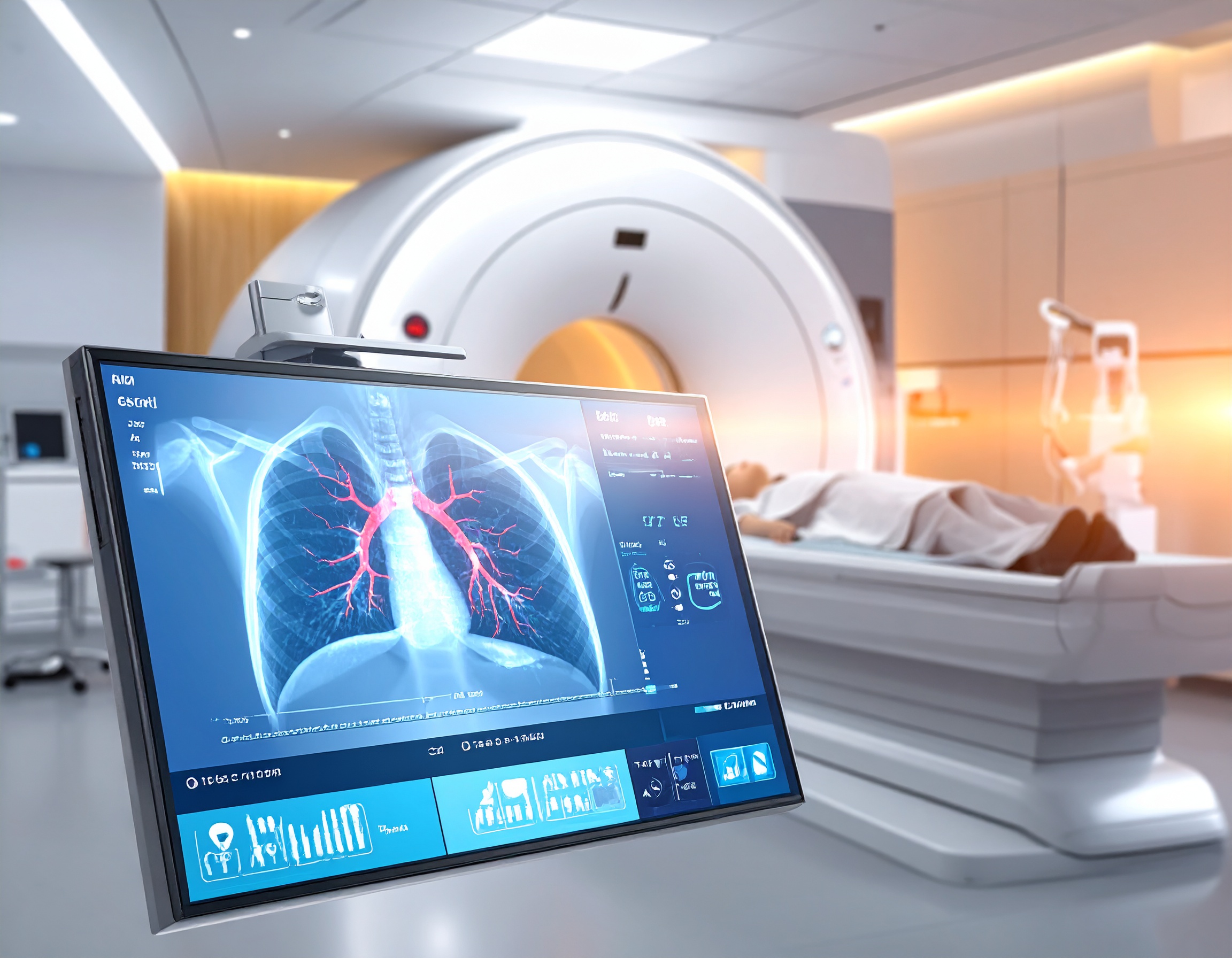Potentially Life-Saving MRI Breakthrough Could Transform Lung Diagnosis and Patient Care

A groundbreaking new MRI technology promises to make lung scans more cost-effective, widely accessible, and potentially life-saving, thanks to a pioneering collaboration between the University of Sheffield and GE HealthCare. The revolutionary low-field MRI scanner harnesses advanced artificial intelligence (AI) to deliver high-quality imaging, while reducing costs and environmental impact, bringing vital diagnostics closer to local communities.
Respiratory conditions such as chronic obstructive pulmonary disease (COPD), asthma, cystic fibrosis, interstitial pulmonary fibrosis (IPF), and lung cancer affect millions of people in the UK and cost the NHS over £6 billion annually. Yet, these conditions remain among the most neglected in terms of advanced diagnostic technology. The new low-field MRI scanner aims to change this, using a novel hyperpolarised xenon gas imaging technique to detect subtle lung changes that conventional tests often miss.
Funded through the EPSRC Prosperity Partnership initiative—a joint UKRI program connecting academic research with industrial innovation—the project is now entering its first medical device trial. Sixty healthy volunteers will help establish normative ranges for lung function before the technology is tested in patients, marking the first MHRA-sponsored clinical trial by the University of Sheffield.
Professor Jim Wild, Co-director of the University of Sheffield’s Insigneo Institute, said:
“This innovative scanner can detect early signs of lung disease that would otherwise go unnoticed. Highly sensitive, radiation-free, and safe for all ages, it provides fast, repeatable scans to monitor disease progression and treatment effectiveness.”
Current high-field MRI scanners rely on powerful superconducting magnets cooled with large amounts of liquid helium, making them expensive and less environmentally friendly. The new low-field system, however, uses significantly less—or sometimes no—helium. By applying AI to reconstruct high-quality images from low-field data, the Sheffield-GE HealthCare team has created a scanner that rivals conventional high-field systems in diagnostic capability.
Simon McGuire, GE HealthCare’s Zone President for Northern, Eastern, and Southern Europe, explained:
“Our collaboration demonstrates how AI and novel imaging techniques can reimagine MRI technology. The low-field scanner brings respiratory diagnostics closer to patients, reduces costs, and lowers environmental impact.”
The novel xenon gas imaging technique sets this technology apart. Patients inhale magnetised xenon gas, which becomes visible during the scan, highlighting airflow and oxygen distribution in the lungs. This allows precise detection of airway changes and detailed structural and functional lung assessment—techniques previously limited to high-field MRI scanners.
The scanner’s portability, lower cost, and simplified infrastructure also make it suitable for global deployment, particularly in low- and middle-income countries, addressing significant healthcare inequities worldwide.
Science Minister Lord Vallance highlighted the impact:
“MRI technology has been life-saving for countless patients. This new low-field system, developed through UK-led research, makes MRI scans easier, faster, and more affordable, enabling earlier diagnoses and relieving pressure on the NHS.”
By revolutionising access to high-precision lung imaging, the low-field MRI scanner represents a major step forward for patient care, improving health outcomes, reducing NHS costs, and potentially saving countless lives.

